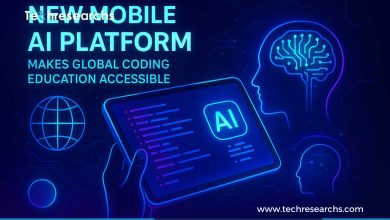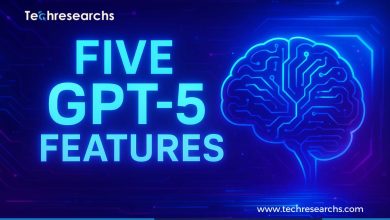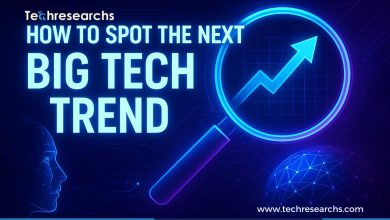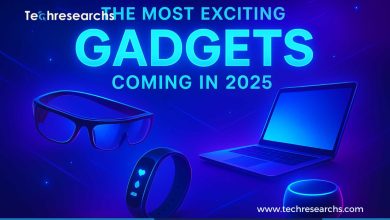How Web3 and Machine Learning are Revolutionizing Tech
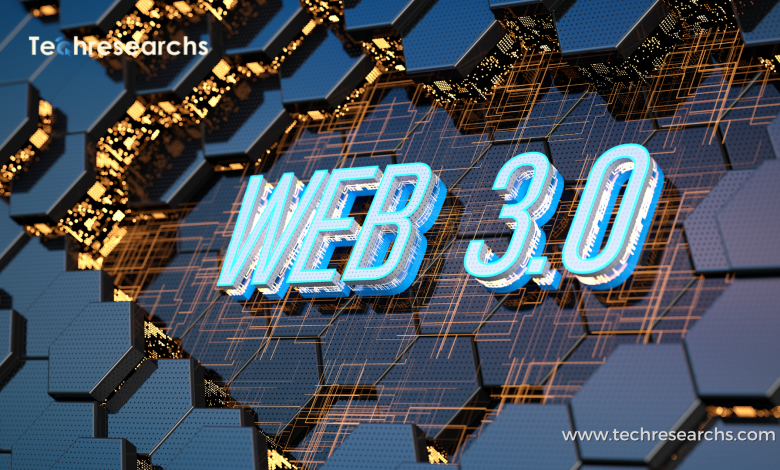
In the rapidly evolving world of technology, Web3 and Machine Learning (ML) are emerging as game-changers. They are reshaping industries, creating new business models, and offering unprecedented opportunities for innovation. Combining Web3’s decentralized approach with the predictive power of Machine Learning is opening doors to a new era in digital transformation.
What is Web3?
Web3 represents the third generation of the internet, which focuses on decentralization, blockchain technology, and enhanced privacy. Unlike Web2, where data is controlled by centralized companies, Web3 enables peer-to-peer interactions and gives users more control over their data. It is often referred to as the “decentralized web” because it aims to remove intermediaries and put power back in the hands of users.
What is Machine Learning?
Machine Learning, a subset of Artificial Intelligence (AI), involves the development of algorithms that allow systems to learn from and make predictions or decisions based on data. ML systems can identify patterns in large datasets and improve their predictions over time without explicit programming. In businesses, this results in faster decision-making, improved efficiency, and personalized user experiences.
The Intersection of Web3 and Machine Learning
When Web3 and Machine Learning converge, they create a powerful synergy that enables businesses to harness the benefits of both technologies. Web3’s decentralized architecture provides a secure, transparent foundation for ML models, while ML’s data processing capabilities enhance the functionality of decentralized applications (dApps) in Web3 environments.
1. Decentralized AI Models for Better Privacy and Security
One of the primary benefits of combining Web3 and ML is enhanced privacy and security. In traditional centralized AI models, data is often stored in centralized databases, making it vulnerable to cyberattacks or unauthorized access. Web3’s blockchain technology addresses this concern by decentralizing the data storage and giving users control over their personal data. This ensures that Machine Learning models can operate in a secure environment, where data privacy is maintained and algorithms are transparent.
For example, a decentralized machine learning model can allow multiple parties to contribute to training data without revealing sensitive information. This can be particularly beneficial for industries such as healthcare, where data privacy is crucial, or financial services, where security is paramount.
2. Empowering Autonomous Systems and Smart Contracts
Web3 technologies also enable the development of decentralized autonomous organizations (DAOs) and smart contracts, which can function without human intervention. When combined with Machine Learning, these technologies can be used to build self-learning smart contracts that automatically adjust based on new data inputs.
In practical terms, businesses can deploy AI-powered smart contracts that self-execute when specific conditions are met, reducing the need for intermediaries and speeding up transactions. For instance, in the supply chain industry, ML algorithms can predict demand fluctuations and trigger smart contracts to adjust the supply chain processes accordingly.
3. Enabling Personalized and Transparent Business Models
Machine Learning allows businesses to analyze customer data and offer personalized experiences. When applied in a Web3 context, where users have control over their own data, this results in a more transparent and user-centric business model. Consumers can opt to share their data with companies in exchange for services or rewards, ensuring that the data is used for mutually beneficial purposes.
For example, Web3-powered ML platforms could enable businesses to create personalized marketing campaigns or tailored product recommendations, while customers retain control over their data. This aligns with the growing demand for privacy-conscious solutions in the digital age.
4. Creating Efficient and Scalable Decentralized Applications (dApps)
Machine Learning models can enhance the performance of decentralized applications (dApps) in Web3. By integrating AI into dApps, businesses can improve user experiences through better decision-making, faster transactions, and more efficient processes. Web3-based dApps that utilize machine learning can also evolve over time, becoming smarter and more intuitive as they collect and analyze data from their users.
For example, a decentralized finance (DeFi) app could leverage ML to predict market trends and provide users with automated investment advice. In the gaming industry, ML algorithms could be used to improve non-player character (NPC) behavior and provide personalized gameplay experiences based on player interactions.
5. Decentralized Data Marketplaces
Web3’s decentralized nature facilitates the creation of data marketplaces where data owners can securely sell or trade their data. Machine Learning can play a crucial role in these marketplaces by helping to process, analyze, and make predictions based on the data being exchanged. Businesses can access high-quality data without relying on centralized entities.
For instance, a company might purchase weather data on a Web3 marketplace to enhance its ML models for better demand forecasting. In such a system, data owners retain control over their data while still profiting from its use.
The Importance of Web3 and Machine Learning for Businesses
Integrating Web3 and Machine Learning offers several key benefits for businesses:
- Enhanced Data Security: Web3 ensures secure, decentralized data storage, while ML can analyze that data to improve decision-making.
- Improved Customer Experience: Businesses can use ML to deliver personalized services, and Web3 gives customers control over their data.
- Faster Innovation: Machine Learning accelerates the development of smart contracts, autonomous systems, and dApps, allowing businesses to innovate quickly.
- Cost Efficiency: By removing intermediaries and automating processes, businesses can reduce costs while maintaining transparency and security.
- New Business Models: Web3 and Machine Learning enable businesses to create new models based on decentralized data exchange, opening up new revenue streams.
Challenges and Future Prospects
Despite the many advantages, integrating Web3 and Machine Learning presents some challenges. The complexity of decentralized systems can make the implementation of ML models more difficult, and the computational requirements for training ML models may require advanced infrastructure. Additionally, the regulatory landscape for data privacy and decentralized systems is still evolving, which could impact the widespread adoption of these technologies.
However, as the technology matures, businesses that embrace both Web3 and Machine Learning will be well-positioned to lead the next wave of digital transformation.
More Related Blogs: Web3 In Security – TechResearchs
The convergence of Web3 and Machine Learning is revolutionizing the tech industry, offering innovative solutions for data security, privacy, and business efficiency. By leveraging the strengths of both technologies, businesses can unlock new opportunities for growth, streamline operations, and enhance customer experiences. As we move toward a more decentralized and intelligent digital ecosystem, the role of Web3 and ML will only become more critical in shaping the future of business.
